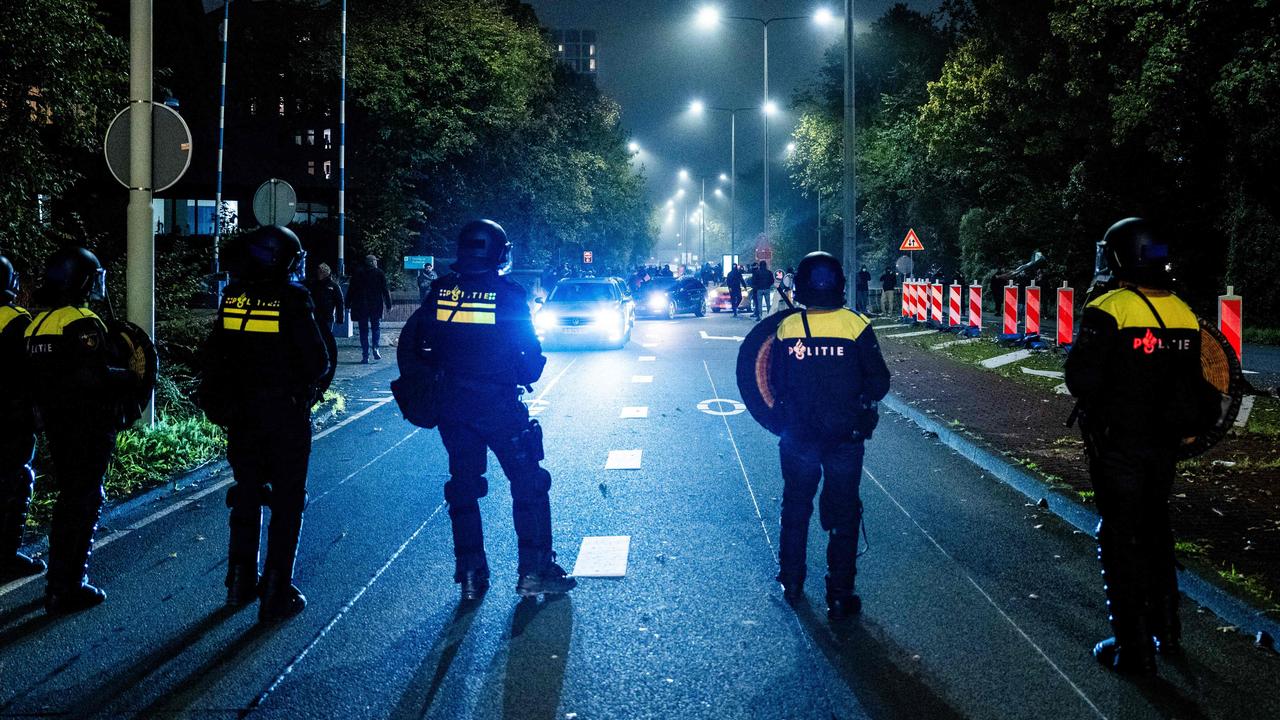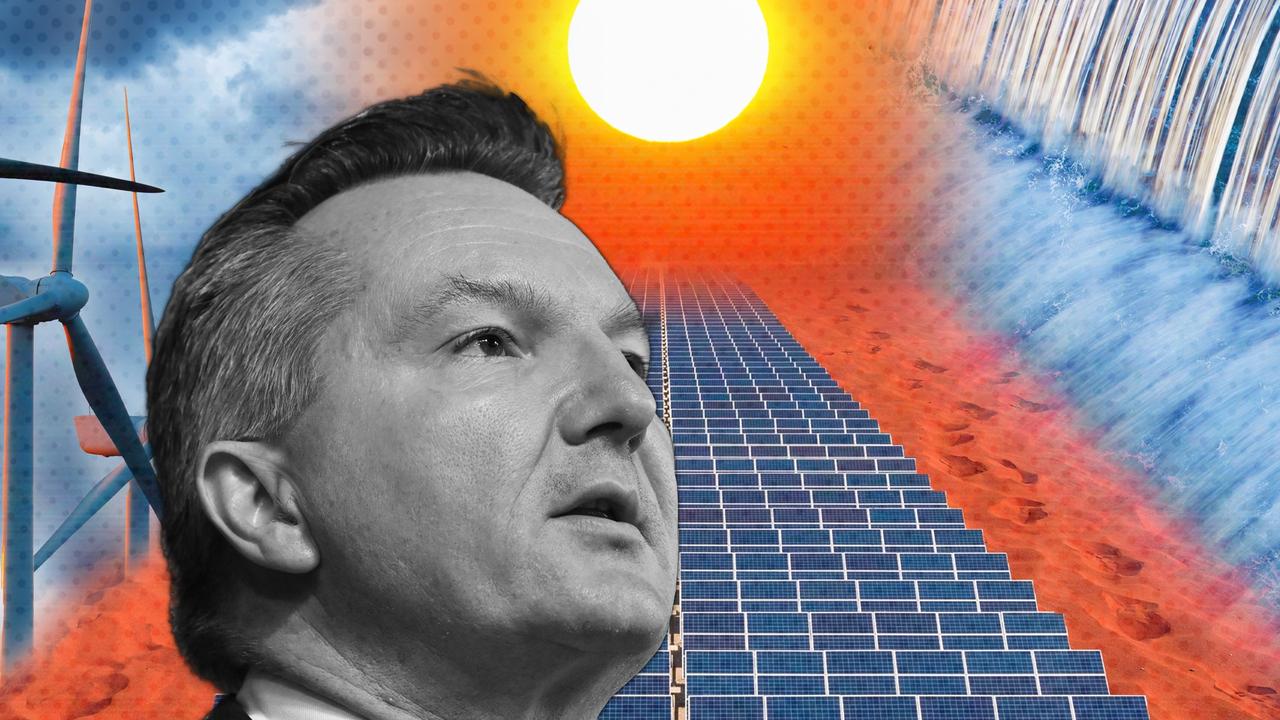Andrew Bolt: Questions of legitimacy create urgent problems for plans for an Aboriginal-only parliament
The questions surrounding Labor’s candidate Lauren O’Dwyer’s claims of Indigenous ancestry highlight an urgent problem with plans for the Voice.
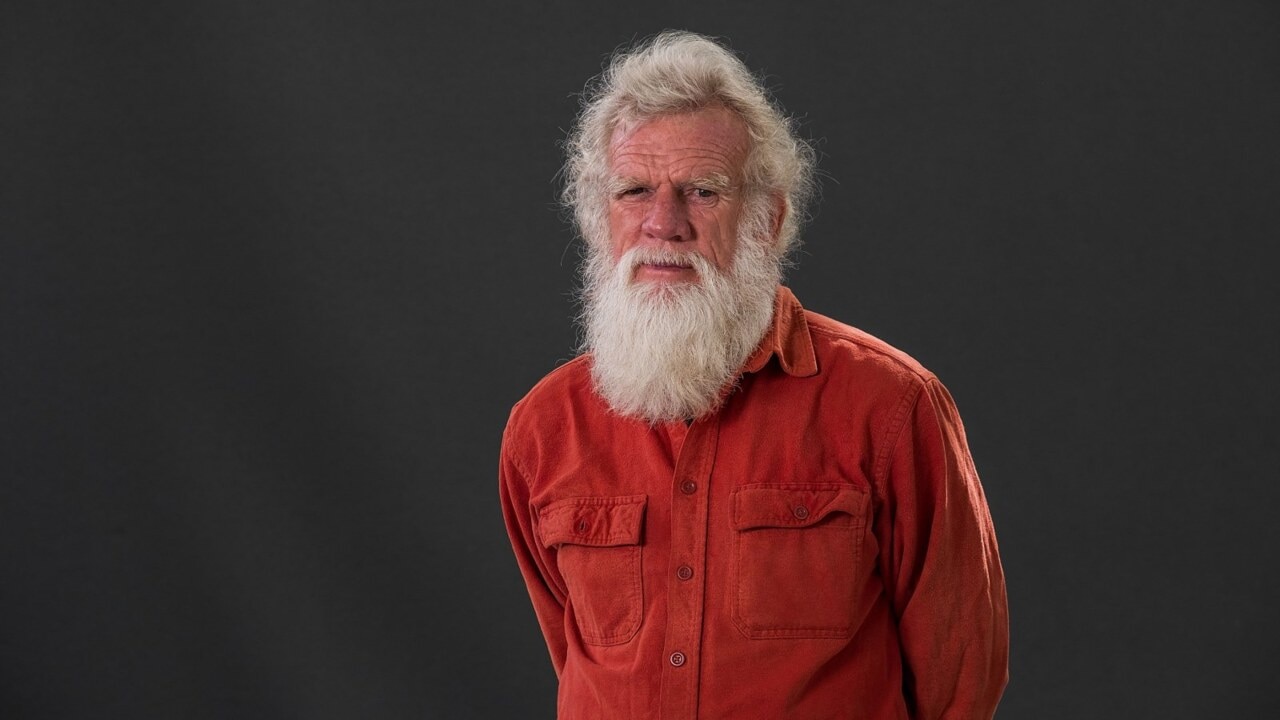
Andrew Bolt
Don't miss out on the headlines from Andrew Bolt. Followed categories will be added to My News.
Redhead Lauren O’Dwyer, Labor’s candidate for Richmond in Victoria’s election, describes herself in her campaign video as a “lesbian single mum” and “Yorta Yorta woman”.
She’s Aboriginal?
In fact, genealogical researchers have now checked the great-grandfather O’Dwyer claims is her Aboriginal ancestor and found he’s as white as, well, fake “Aboriginal” author Bruce Pascoe.
Meanwhile, other Yorta Yorta activists want proof that O’Dwyer is what she claims and not one of up to 300,000 Australians who wrongly claim to be Aboriginal.
But this is bigger than O’Dwyer.
Her case illustrates an urgent problem with the Albanese government’s plan for an Aboriginal-only parliament called the Voice.
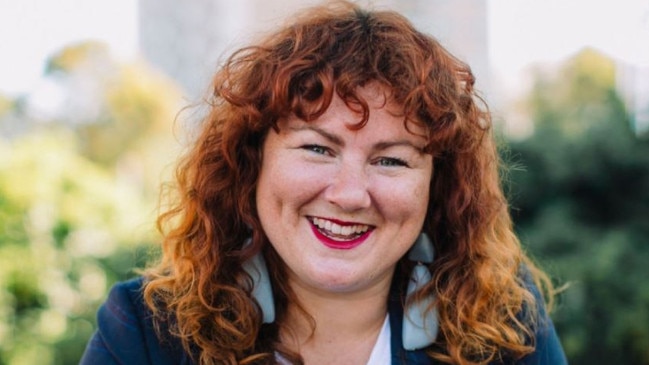
Just who is Aboriginal, really? Could Labor create a Voice stuffed with fake ones?
O’Dwyer is an arts bureaucrat who four years ago described herself as a city dweller who was still “a proud country kid from Yorta Yorta land”, up near the Murray River.
Now she says she’s not just from Yorta Yorta land but is Yorta Yorta herself, fighting for a treaty with non-Aborigines.
Why the switch? “I came to know my identity late in life because my family didn’t speak of it,” she told Nine newspapers. But maybe there was nothing to speak of.
Aboriginal activists have bombarded O’Dwyer’s social media pages saying they don’t know her and asking what Yorta “mob” she’s from. Even Ngarra Murray, from Victoria’s First Peoples’ Assembly, asked for evidence, complaining: “The issue of ‘new identifiers’ is a growing problem.”
In response, O’Dwyer said her family connections to the Yorta community were “disrupted several generations ago”, but one of her great-grandfathers was Aboriginal.
She hasn’t publicly said which, but got a Confirmation of Aboriginality from the Njernda Aboriginal Corporation.
I’ve asked O’Dwyer what proof she gave the corporation, and still wait for an answer.
But genealogical researchers from Dark-Emu-Exposed.org, who earlier revealed Pascoe’s English-only ancestry, have now published records of all four of O’Dwyer’s great-grandfathers: Thomas Francis O’Dwyer, born in Malvern; David Thomas O’Reilly, born in Smeaton; John Stanley Hay, born in Kyneton; and Graham Ernest Berry, born in Swan Hill.
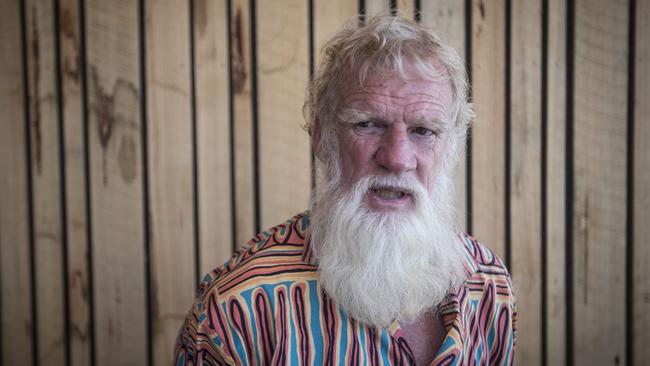
Not one was born in Yorta Yorta lands. Not one has Aboriginal ancestry. They’re descended instead from English, Irish, Scottish, Danish and English-American colonial ancestors.
Of course, O’Dwyer may tell me the records are wrong, or one of her grandparents was the illegitimate child of an Aboriginal father not named on the birth certificate.
But even if true, in what meaningful way could O’Dwyer be Aboriginal when seven of her eight great-grandparents weren’t, when family connections to the Yorta Yorta were “disrupted several generations ago”, when her family “didn’t speak of it”, and when she allegedly learnt of her Aboriginal great-grandparent only “late in life”.
For too long it’s been dangerous to even ask such questions, particularly after a Federal Court judge banned two of my articles that did. But now many Aborigines are also demanding answers, and not just of O’Dwyer herself.
On SBS last month, Suzanne Ingram, a board member of the NSW Aboriginal Housing Office, complained that more than a third of Australians now claiming to be Aboriginal were not: “So we’ve got 300,000 people here who are counting themselves among us.”
Her estimate seems too high, but the problem is real.
The past two censuses – 2016 and 2021 – showed more than 130,000 Australians called themselves Aborigines who hadn’t in the census before.
Why? Well, it’s now hip to be black. Or profitable, gaining people jobs, scholarships, subsidised medicines and, above all, moral status.
Many Aborigines are horrified by the scale of the fakery.
Stephen Hagan, an Aboriginal activist who has supplied astonishing examples of pretend Aborigines, told SBS there was “an increase in fake Aborigines coming into the (Aboriginal) organisations” who were “basically white people … controlling the narrative of black affairs”.
Michael Mansell, Aboriginal Land Council of Tasmania chairman, warned of thousands more fakes like Pascoe in Tasmania, where the number of supposed Aborigines has rocketed from 36 in 1966 to more than 30,000 today.
Sydney’s Metropolitan Aboriginal Land Council asked the NSW Independent Commission Against Corruption to investigate the number of students now claiming to be Aboriginal, and warned “people have used self-identification to receive jobs, housing and scholarships they’re not entitled to”.
At this rate of growth in the census figures, we could have more pretend Aborigines than real ones in less than 30 years.
So who will Labor’s Voice – its Aboriginal-only parliament – represent then?
Fakes, frauds and rent-seekers? Or the real Aborigines they’re pushing out?
Originally published as Andrew Bolt: Questions of legitimacy create urgent problems for plans for an Aboriginal-only parliament


